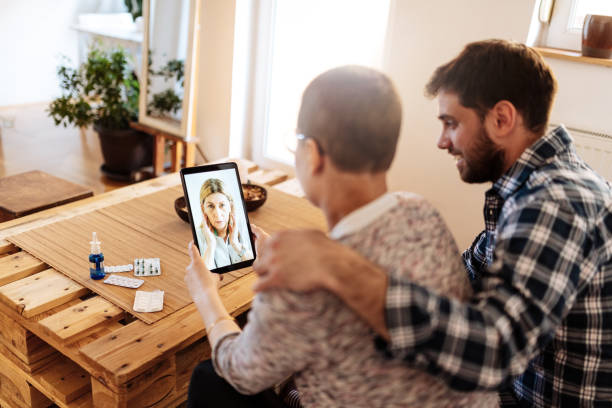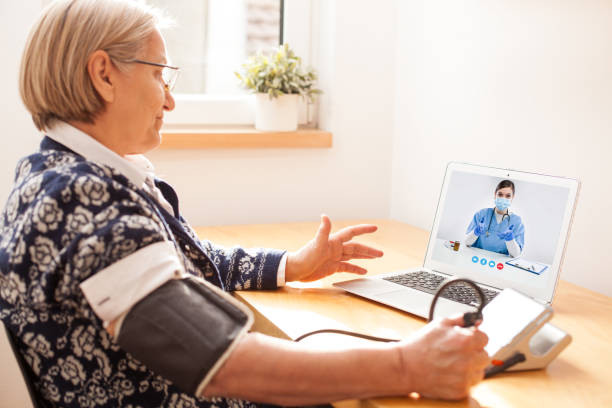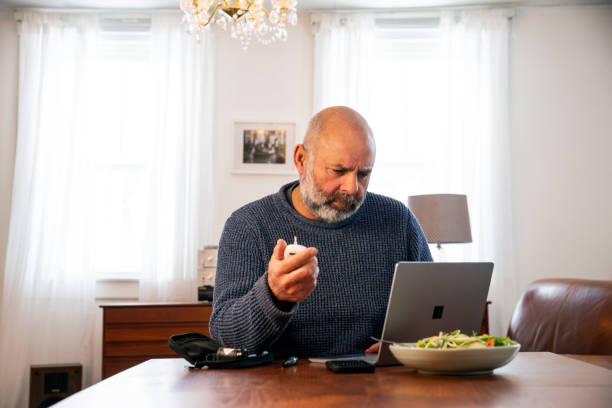What is Passive Monitoring in Remote Healthcare?
If you work in the remote health world, you may be hearing that spot checks are not enough to prevent hospital readmissions today and that to do so requires methods such as passive monitoring that encourage proactive and preventive care. This article explains what passive monitoring is and how it can help improve outcomes for […]
What is Passive Monitoring in Remote Healthcare? Read More »









